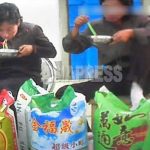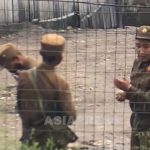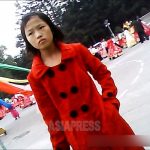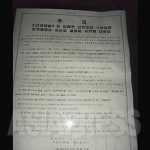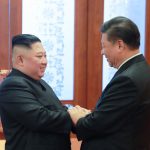
This year, North Korea's rural support system is shifting away from a comprehensive total mobilization structure to one where factories and enterprises dispatch workers based on farms' labor demands, with farms bearing the costs. This is interpreted as a measure aligned with the Kim Jong-un regime's recent agricultural policy reforms. (JEON Sung-jun / KANG Ji-won)
◆ From 'Total Mobilization' to Planned Mobilization
Every spring in North Korea, a 'total mobilization period' is declared for rice planting, mobilizing the entire population. However, this year, no news of total mobilization has been heard either from state media or from ASIAPRESS's internal reporting partners.
ASIAPRESS has confirmed that a new form of rural mobilization has emerged to replace this system.
Reporting Partner A, who resides in Ryanggang Province, reported the following about this year's changed rural mobilization method in April:
"Farms decide when and what work needs to be done and how much labor is required, then send this information in advance to enterprises, institutions, and organizations, which then provide mobilized workers accordingly."
Reporting Partner B from North Hamgyong Province also reported the following in late May:
"This year, it's not a structure where everyone is mobilized to rural areas, so people aren't being harassed or anything like that."
This is clearly a major change from the past when the state indiscriminately deployed large numbers of workers to rural areas.
What's behind this shift?
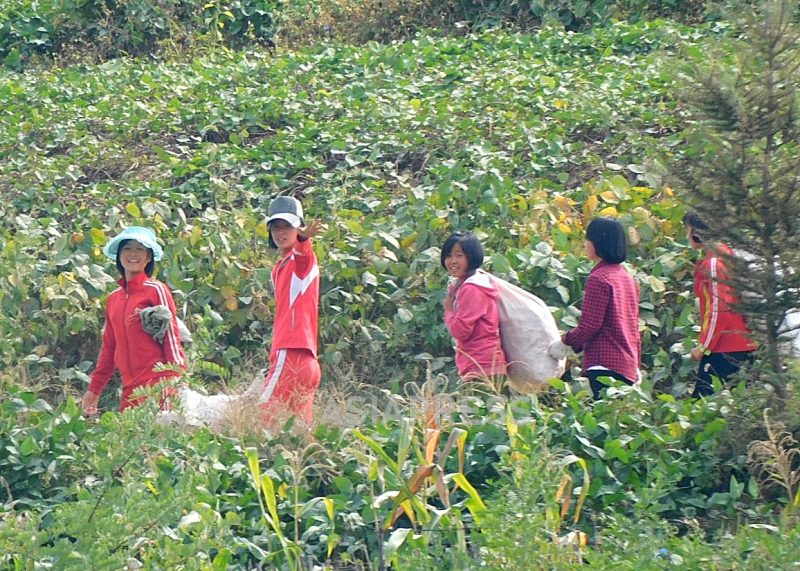
◆ "No Longer Free Labor"... Support Workers Guaranteed Wages and Meals
Following recent agricultural policy reforms pushed by the Kim Jong-un regime, North Korea has redefined farms as 'socialist agricultural enterprises,' granting them certain autonomy in production, distribution, and pricing decisions.
In return, farms must now independently handle agricultural materials and labor that were previously supplied by the state. Accordingly, mobilized labor is also shifting toward a paid system.
Reporting Partner A described the local situation as follows:
"In the past, people were mobilized to work for free, but not anymore. Starting this year, farms must pay mobilized workers 900 won per day in money or food."
Reporting Partner B also stated: "Farms bear the cost of meals for mobilized workers, and compensation is processed through banks to enterprises based on the amount of work done at farms. Factories and enterprises only manage attendance of mobilized personnel, while farms bear all costs."

